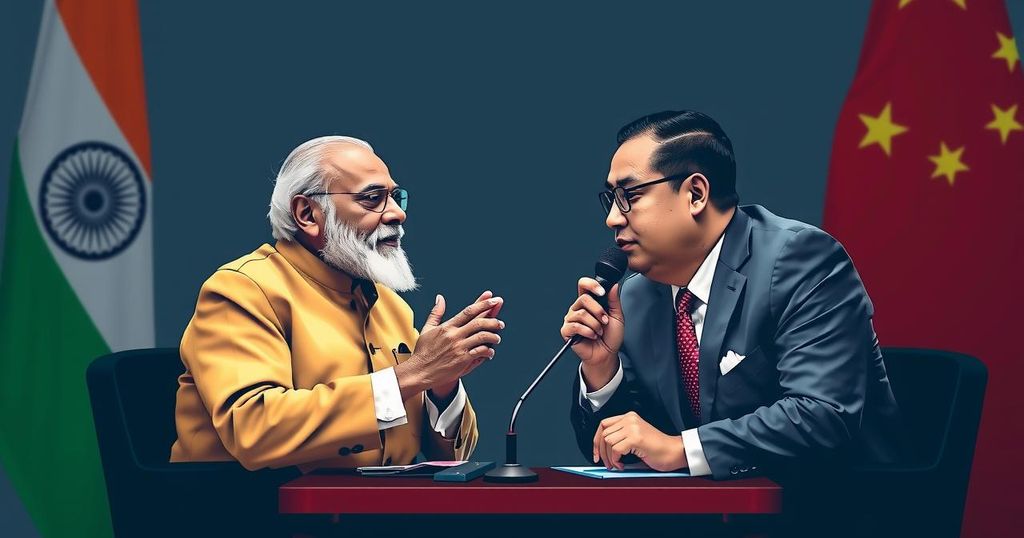Bangladesh’s Interim Government Recalled Envoys in Significant Diplomatic Shift
Bangladesh’s interim government has recalled five envoys, including its high commissioner to India, Mustafizur Rahman, drawing discontent from the foreign service as these officials were career diplomats. This move occurs amid strained India-Bangladesh relations following political turmoil and significant protests leading to the collapse of Sheikh Hasina’s administration. Discussions between Indian and Bangladeshi officials have continued, indicating a desire to maintain dialogue despite the diplomatic shift.
In a significant diplomatic shift, the interim government of Bangladesh has ordered the recall of five envoys, a move that includes the high commissioner to India, Mustafizur Rahman. This directive, which originated from the administration division of Bangladesh’s foreign ministry, has reportedly met with dissatisfaction within the country’s foreign service, particularly because the recalled officials are career diplomats rather than political appointees. Alongside Rahman, whose tenure as high commissioner began in July 2022, the government has also recalled the permanent representative to the United Nations in New York, as well as envoys to Australia, Belgium, and Portugal. Notably, some of these diplomats were approaching retirement, heightening concerns about the motivations behind their sudden recall. This decision emerges amidst a period of strained relations between India and Bangladesh, following the collapse of Prime Minister Sheikh Hasina’s administration in August amid widespread protests. The subsequent installation of a caretaker government led by Nobel laureate Muhammad Yunus, who took office shortly after Hasina’s departure to India, has contributed to the tense diplomatic landscape. Efforts by the caretaker administration to arrange a meeting between Yunus and Indian Prime Minister Narendra Modi during the recent UN General Assembly were reportedly hampered by Yunus’ critical comments concerning India, including suggestions regarding the potential extradition of Hasina. In a related development, India’s high commissioner to Bangladesh, Pranay Verma, recently engaged with Bangladesh’s de facto foreign minister, Touhid Hossain, to discuss bilateral ties, emphasizing the need to activate ongoing bilateral mechanisms.
Bangladesh’s recent decision to recall five envoys from key positions reflects the ongoing complexities in its foreign relations, particularly with India. The political turmoil following the resignation of Prime Minister Sheikh Hasina due to student-led protests has placed the interim government, now helmed by Muhammad Yunus, in a precarious position. The recalled high commissioner to India, Mustafizur Rahman, has made substantial contributions to improving diplomatic relations over the past year. However, the new government’s actions suggest a recalibration of foreign policy amidst both domestic unrest and international diplomatic challenges with India.
In summary, the recall of five Bangladeshi envoys, notably the high commissioner to India, marks a notable shift in Bangladesh’s diplomatic approach, coinciding with internal political upheaval and heightened tensions in India-Bangladesh relations. The recalled diplomats were career professionals, and their dismissal raises questions regarding the internal dynamics of the interim government. Close scrutiny of these developments reveals the fragile state of bilateral ties, which will require careful management moving forward.
Original Source: www.hindustantimes.com








Post Comment